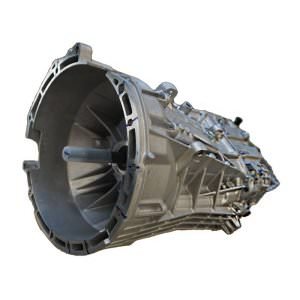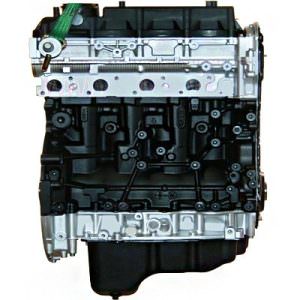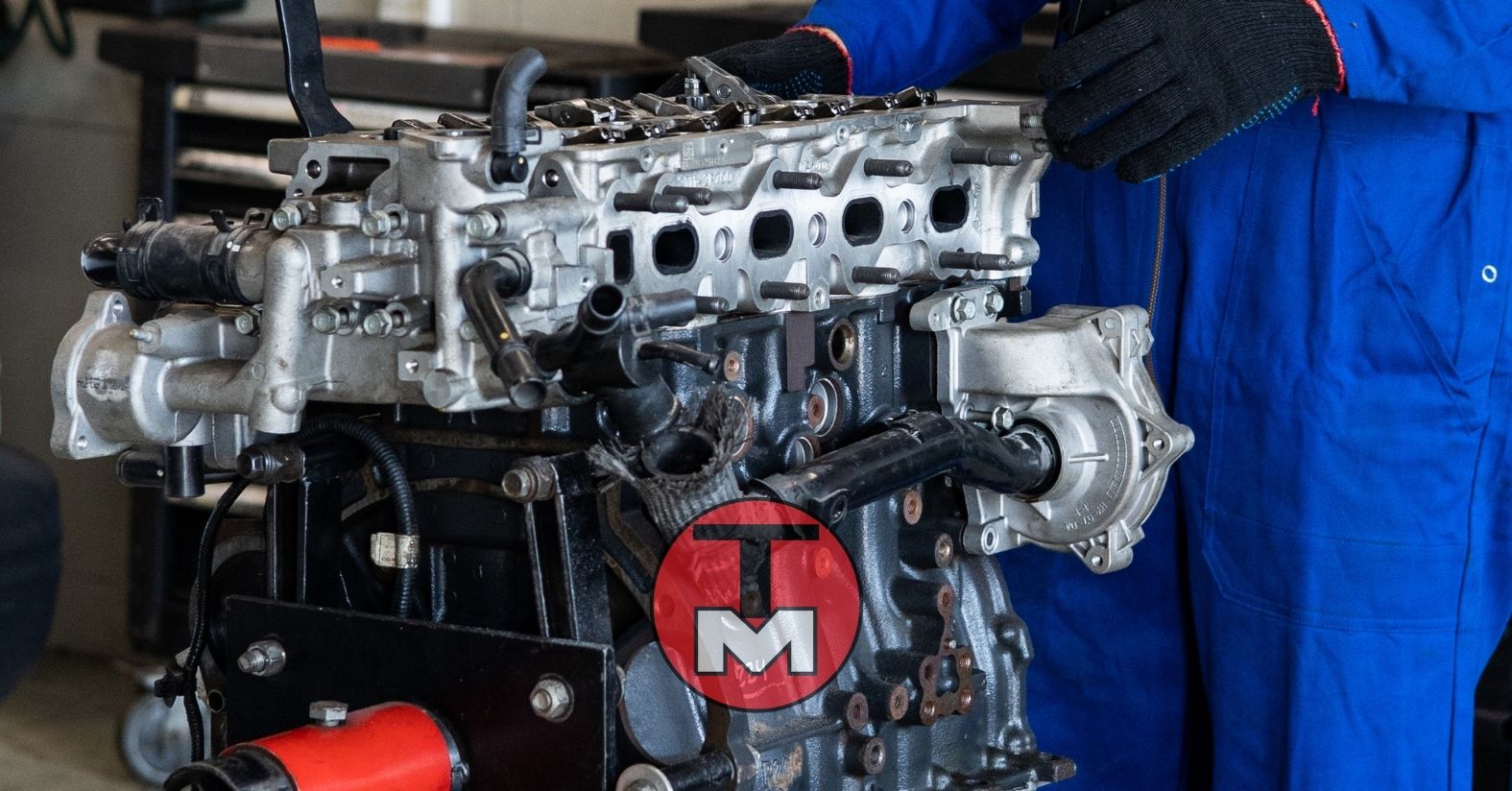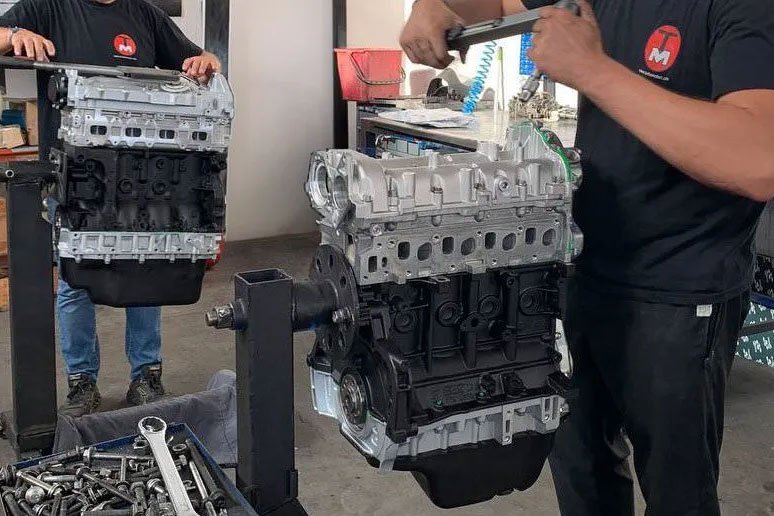Thermal engines, powered by fuels such as petrol, diesel or gas, continue to offer significant advantages in terms of range and ease of refuelling over electric motors. These aspects remain crucial for many motorists, especially those who travel long distances or live in areas with limited charging infrastructure.
Autonomy:
A car with a combustion engine can easily cover between 500 and 700 km on a full tank, with some diesel models even exceeding 1000 km. In contrast, most electric cars currently on the market have a range of between 200 and 400 km, with only the most expensive models approaching or exceeding 500 km. This difference becomes particularly relevant on long journeys or when driving through areas with few charging stations.
Refuelling time:
Refuelling a car with an internal combustion engine generally takes between three and five minutes. In this short time, you can fill the tank completely and be ready to drive hundreds of kilometres. In contrast, even with the most advanced fast-charging stations, an electric car requires at least 30 to 40 minutes for an 80% battery recharge. A full recharge with a domestic charger can take several hours.
Infrastructure:
Petrol stations for fossil fuels are widespread throughout the world. This extensive network ensures that drivers of vehicles with combustion engines can easily find a refuelling point almost wherever they are. In contrast, the charging infrastructure for electric vehicles, although rapidly expanding, is still limited in many areas, especially outside large urban centres and along motorways.
Long journeys:
For those who regularly travel long distances, combustion engines offer greater convenience and flexibility. There is no need to plan long stops for charging or worry about the availability of charging stations along the way. This is particularly relevant for business trips, driving holidays, or for those who live in rural or remote areas.
Resistance to extreme climatic conditions:
Thermal engines are less affected by extreme weather conditions than electric vehicles. Very low or very high temperatures can significantly reduce the range of an electric vehicle, while they have little impact on the performance of a heat engine.
Despite rapid advances in battery technology and the expansion of recharging infrastructures, thermal engines retain these crucial advantages, especially for those with extended or unpredictable mobility needs.









